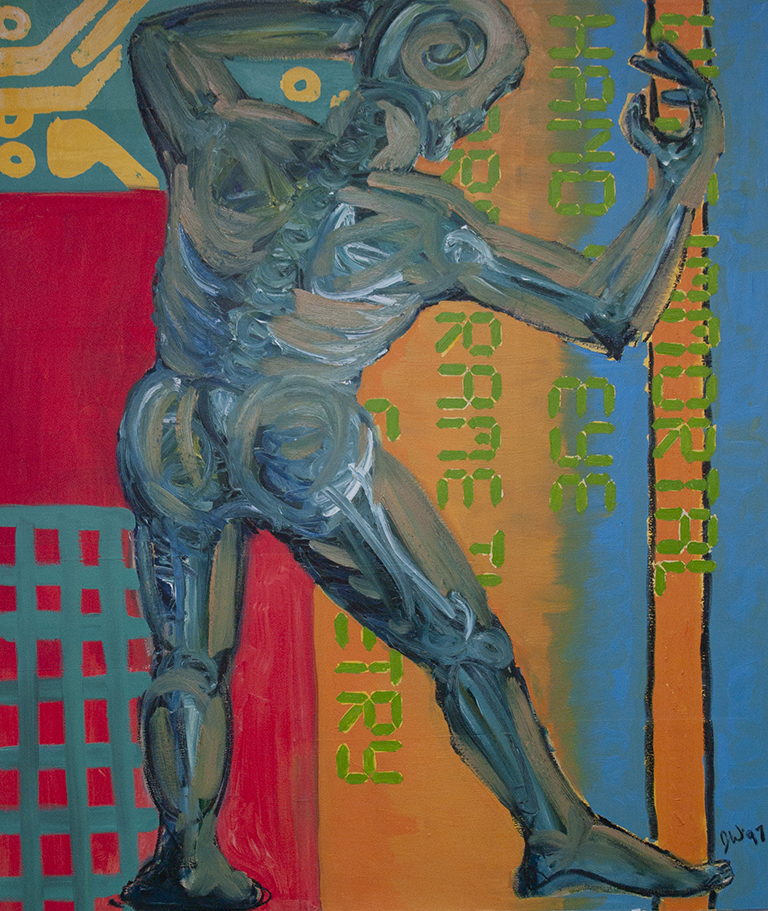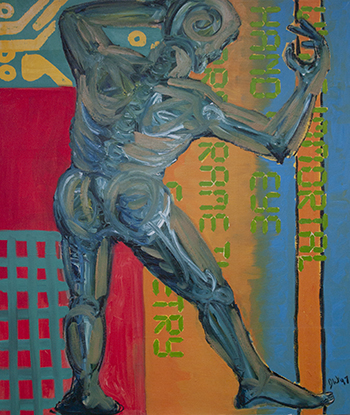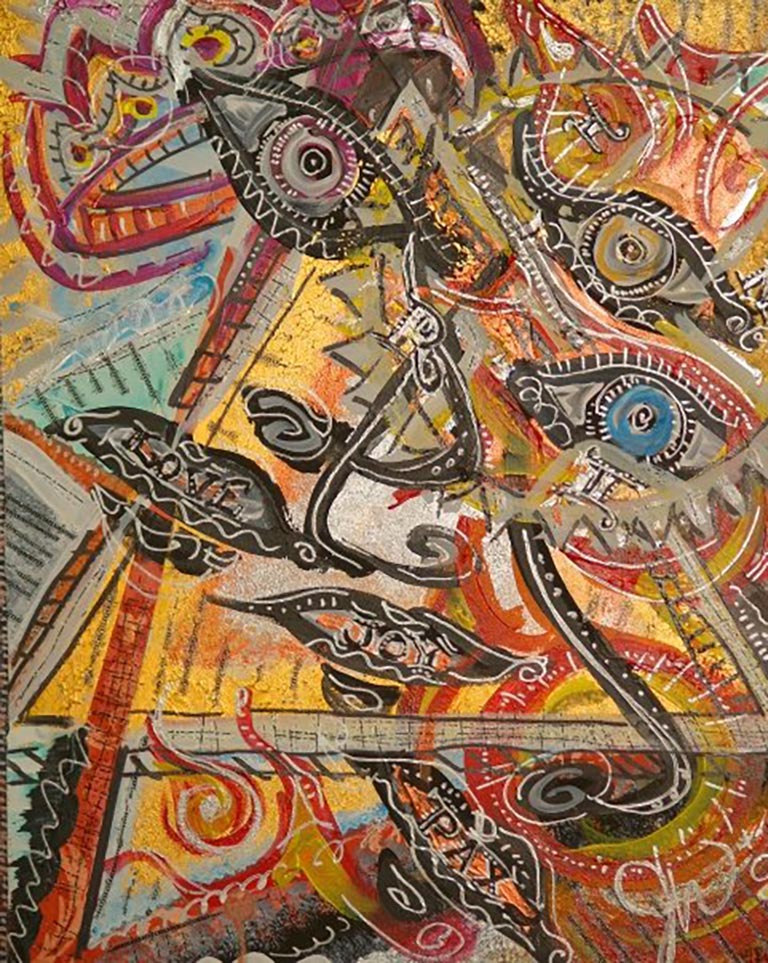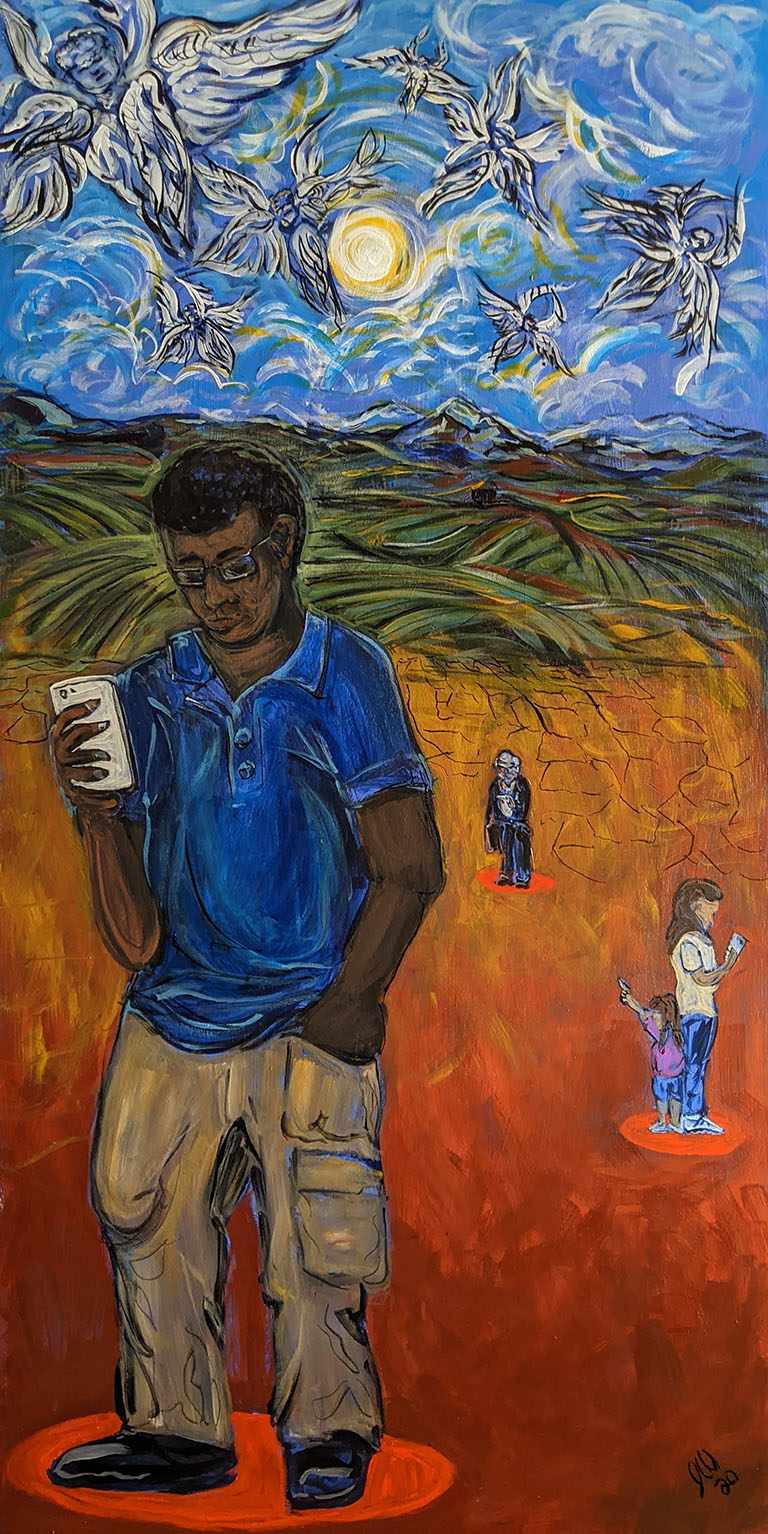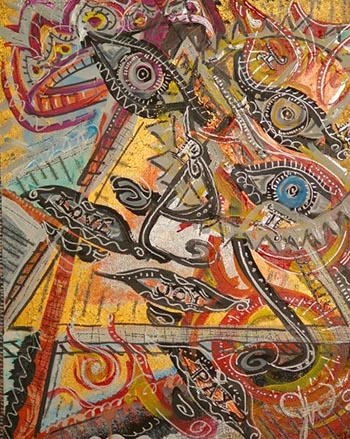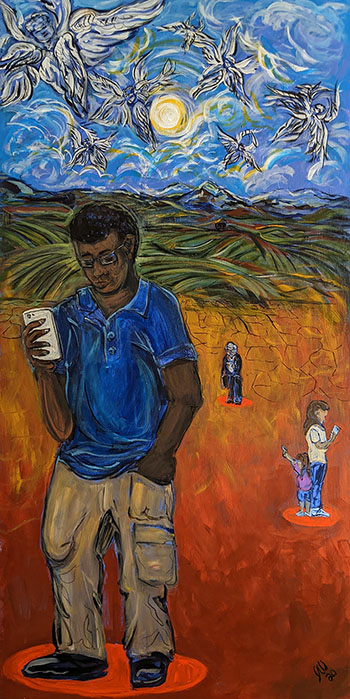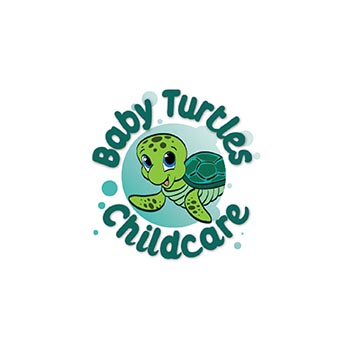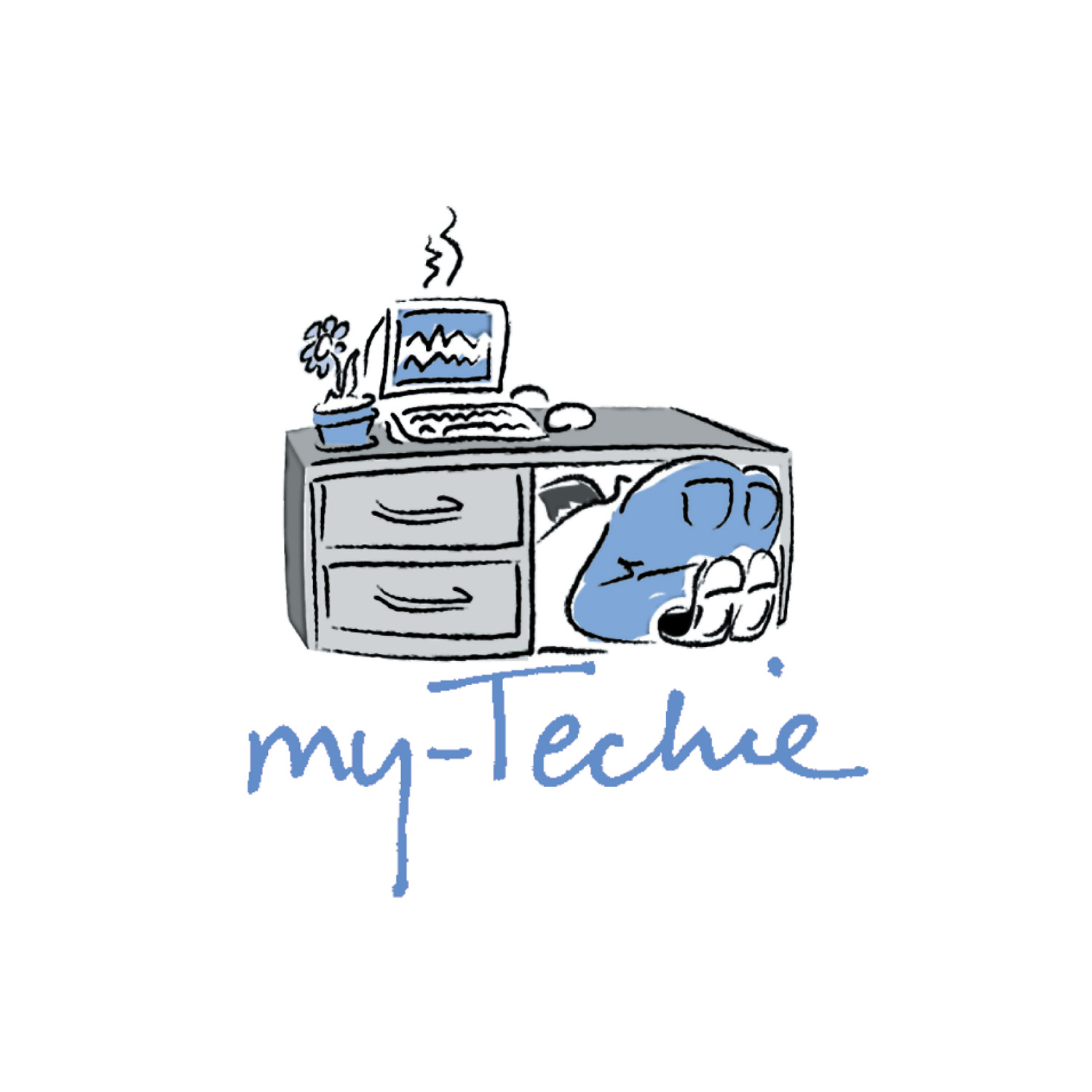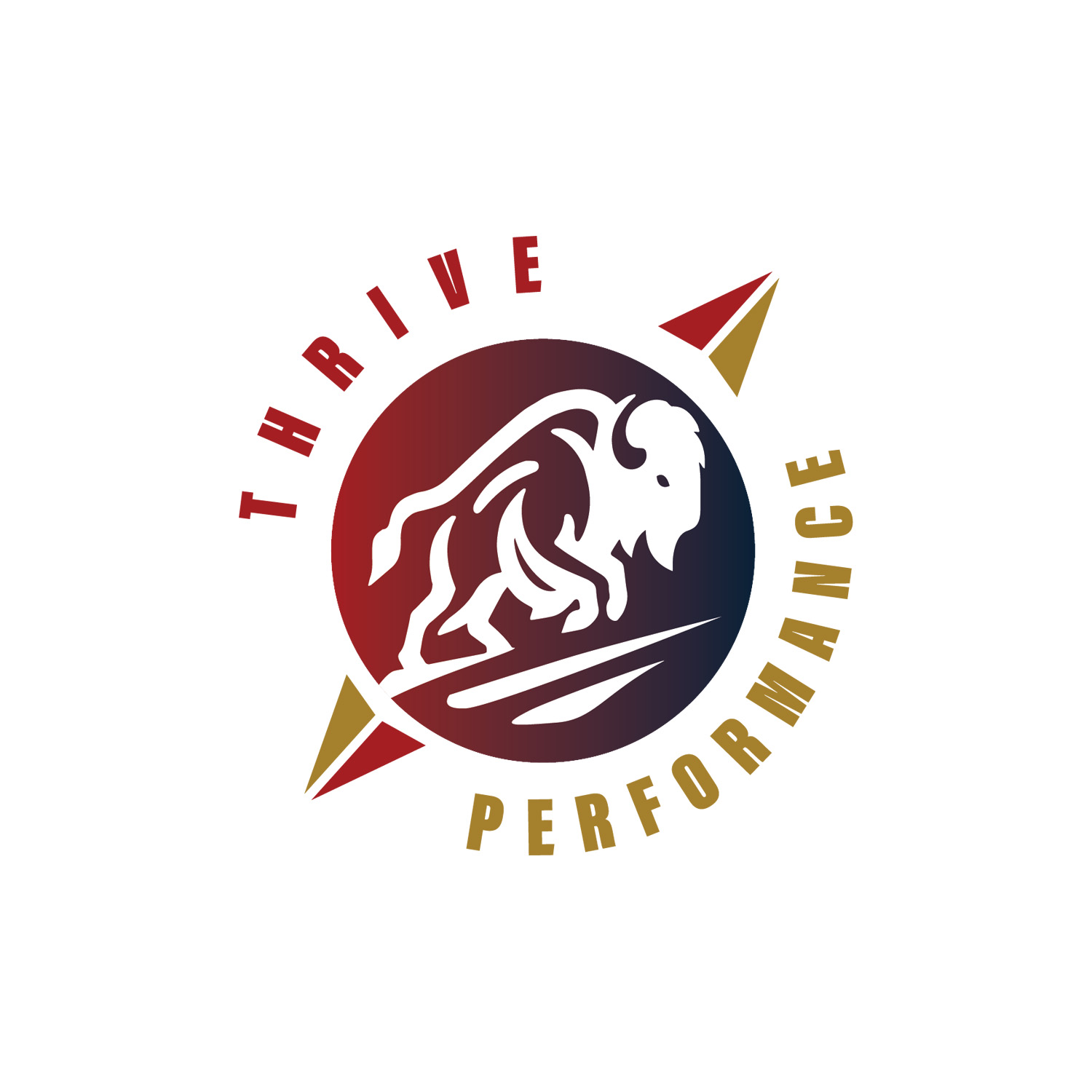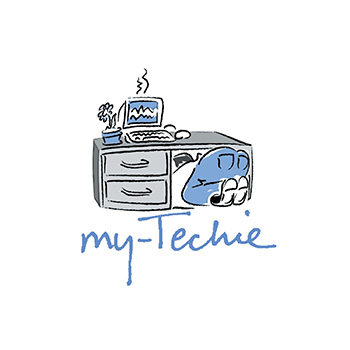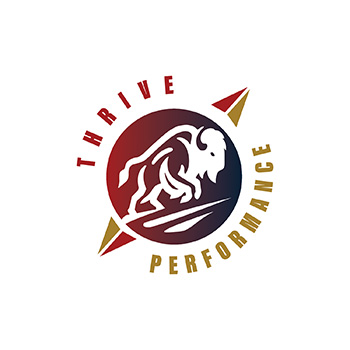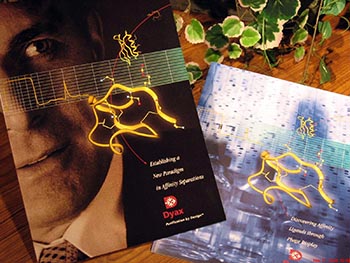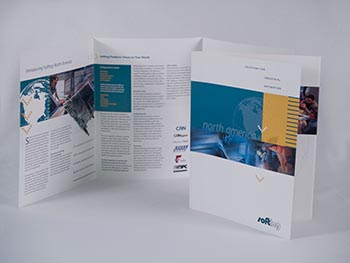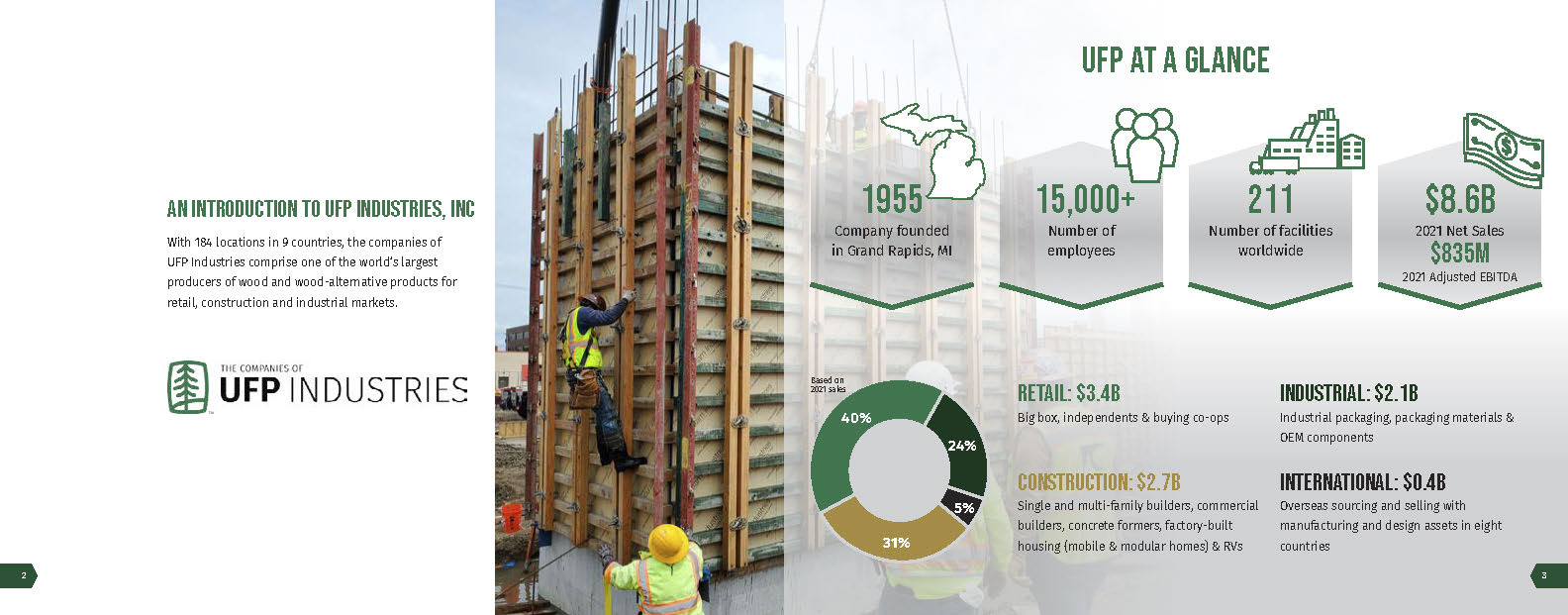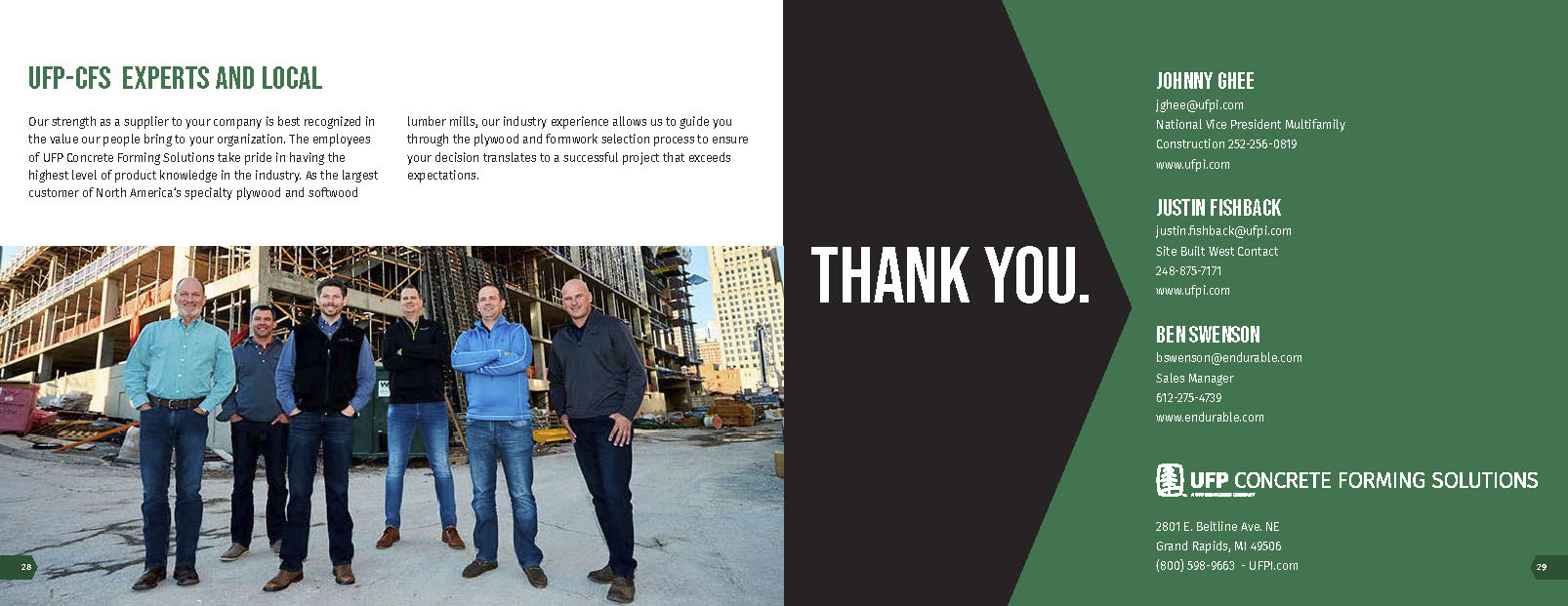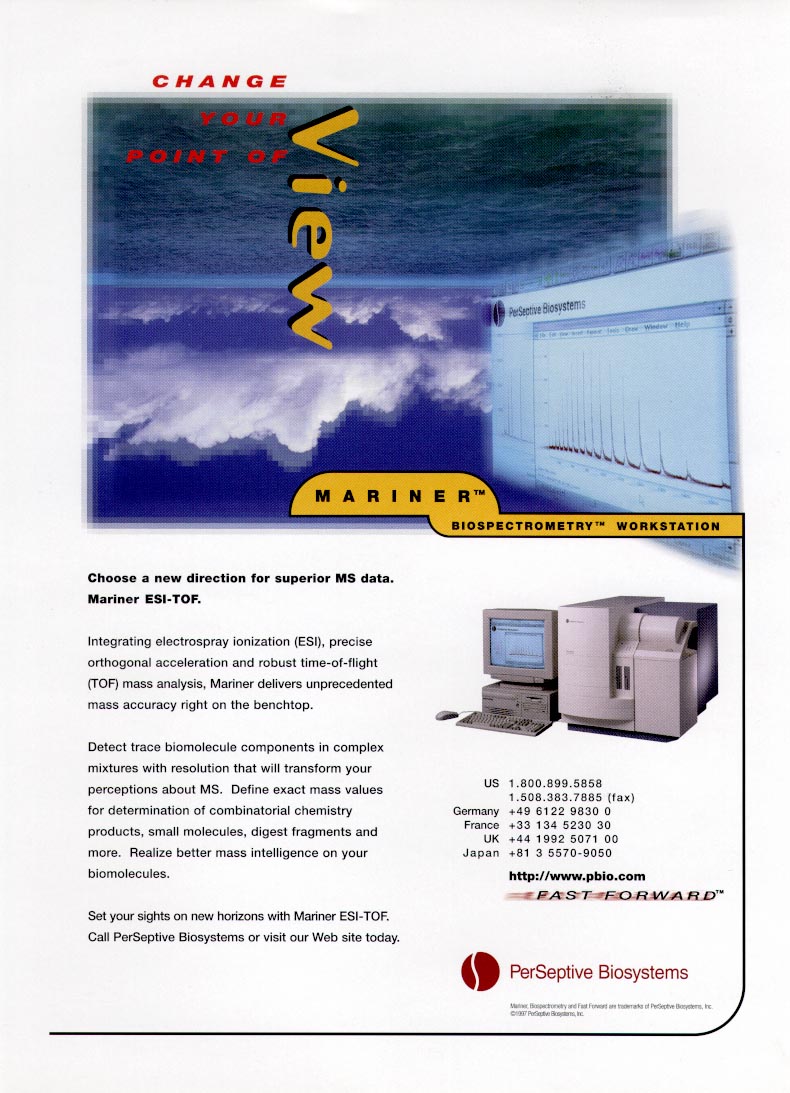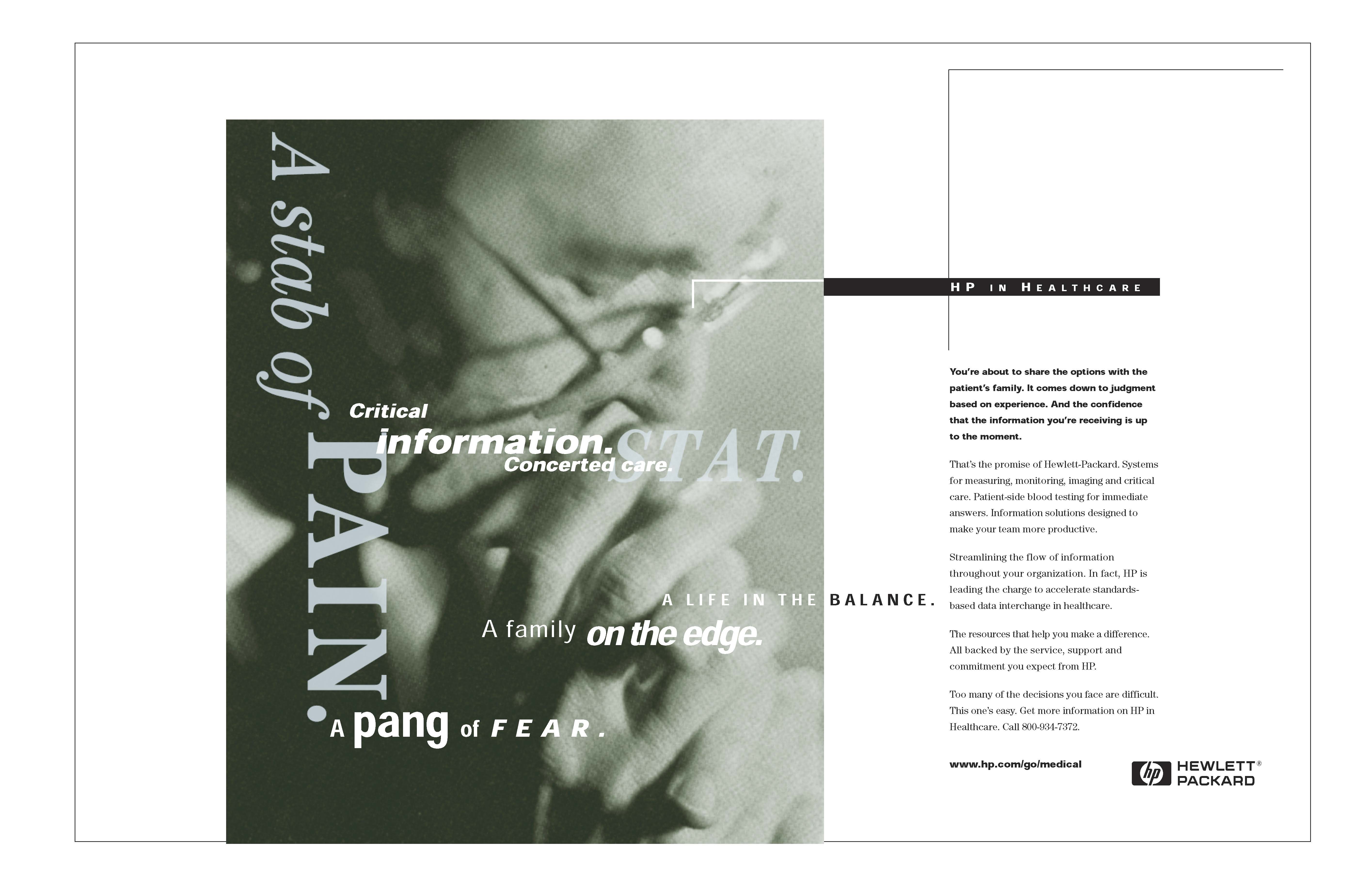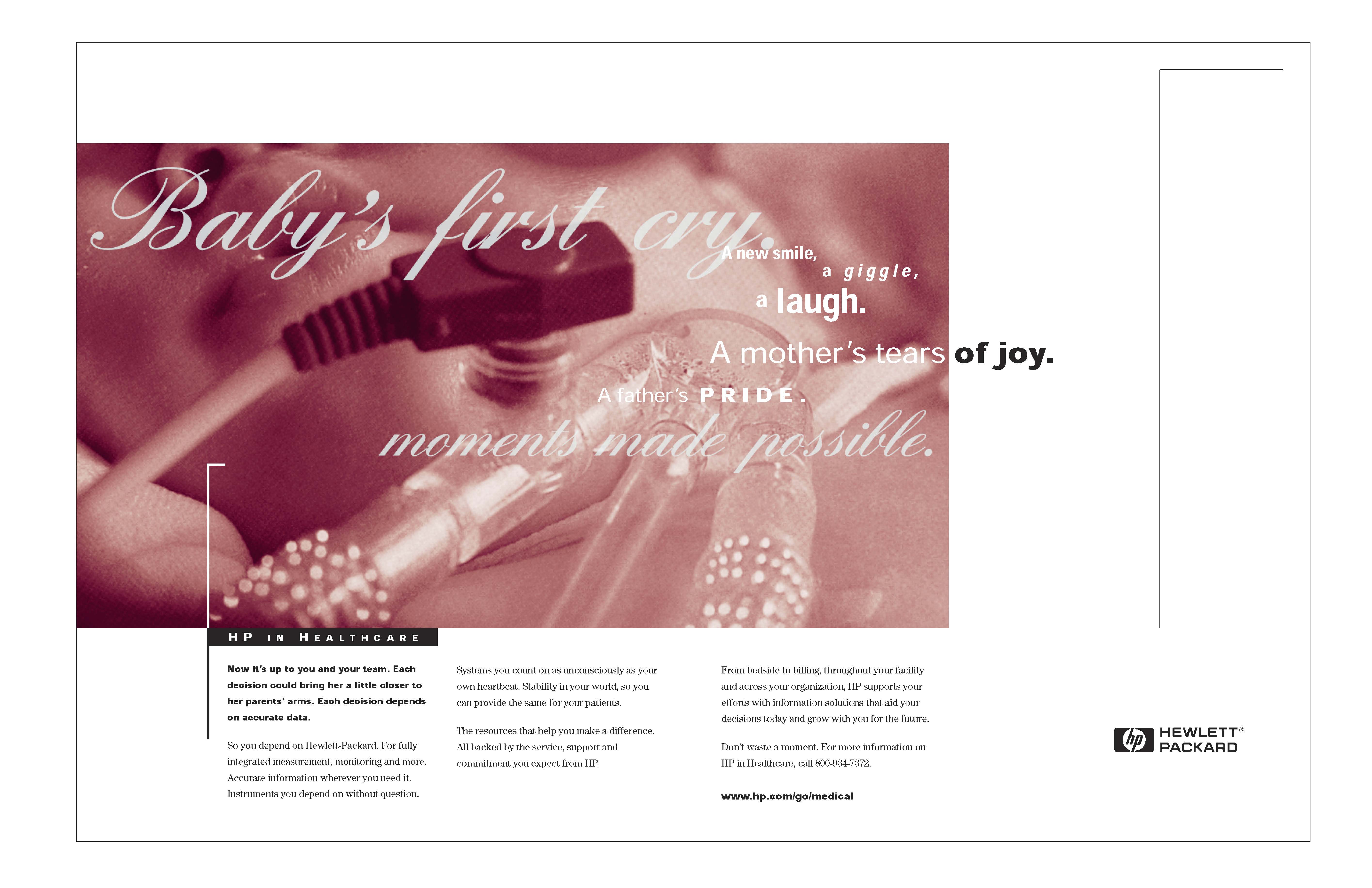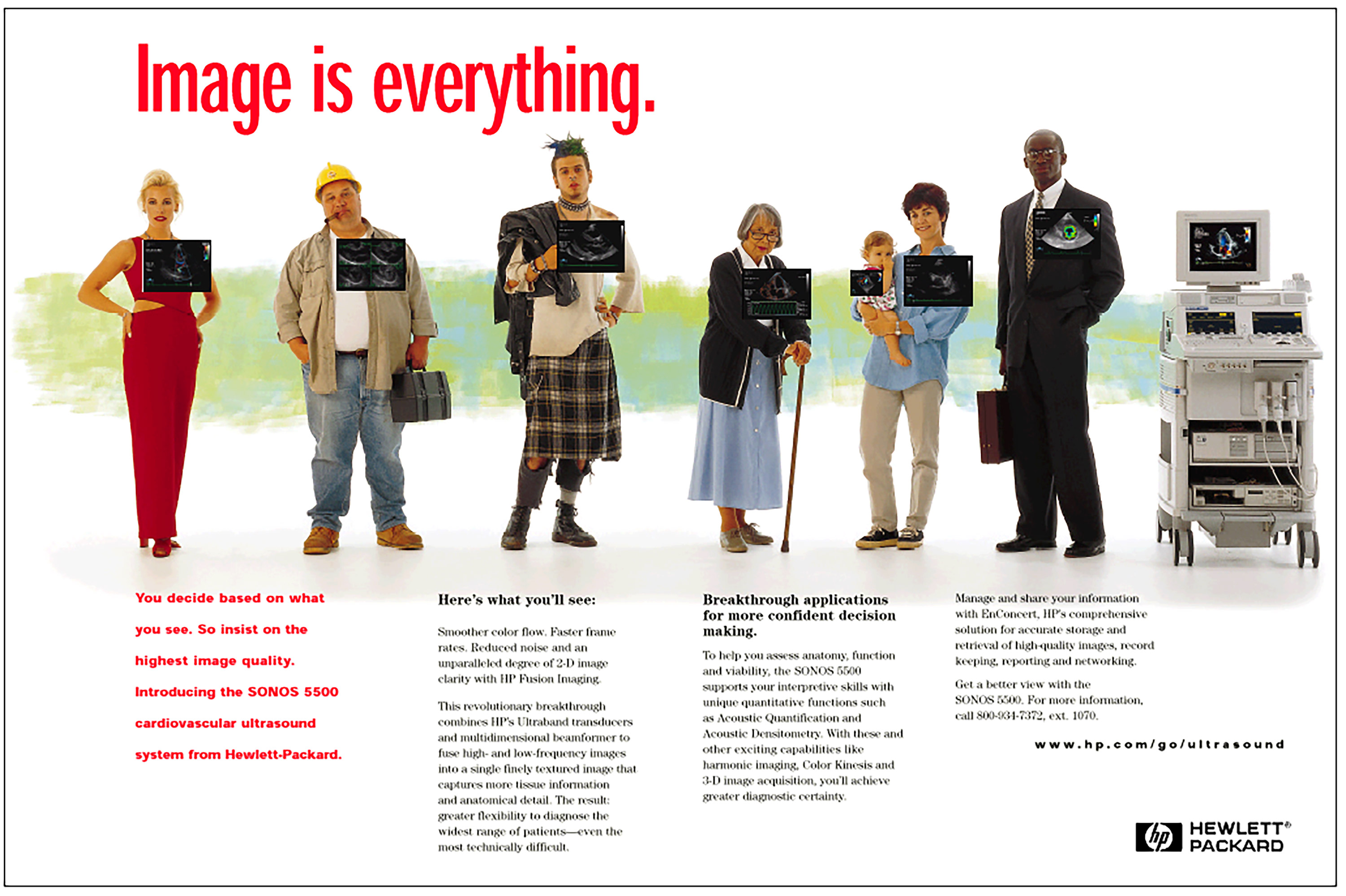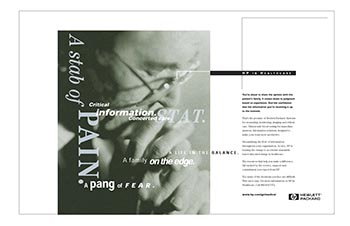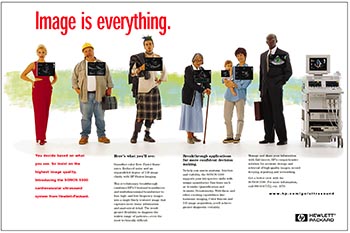interdisciplinary design interactive web development graphic design digital + traditional media
Truth and Beauty In an Artificial Age
An Exploration of the Philosohpical Concepts of Truth and Beauty In a World Dominated by Artificial Intelligence
We live in an age where almost everything seems to be artificial, and our lives are engineered for an artificial reality — one filled with counterfeits and deepfakes in order to pursue a consumer-driven agenda . It is hard to know what is authentic, what is true, and ultimately what is beautiful in the world since we cannot trust our senses to tell us any longer. This thesis explores these concepts as it relates to art and imagery generated by AI, and it seeks to provide some ethical direction for artists working with AI tools today.
Mickey
Experiments with Modified AI-Generated Imagery
Mickey Mouse re-imagined as a marble sculpture by DallE2 AI, modified using Adobe Illustrator to employ generative patterns as the shadows and highlights. The patterns, floral prints and modern circuit-boards wallpaper in the style of William Morris, were created using the AI and modified in Illustrator, and then applied to the vectorized original image. The entire image was then vectorized in order to enlarge to poster-size 20"x24" prints.
Betty
Experiments with Modified AI-Generated Imagery
Betty Boop re-imagined as a marble sculpture by DallE2 AI, modified using Adobe Illustrator to employ generative patterns as the shadows and highlights. The patterns, floral prints and modern circuit-boards wallpaper in the style of William Morris, were created using the AI and modified in Illustrator, and then applied to the vectorized original image. The entire image was then vectorized in order to enlarge to poster-size 20"x24" prints.
Pluto
Experiments with Modified AI-Generated Imagery
Pluto re-imagined as a marble sculpture by DallE2 AI, modified using Adobe Illustrator to employ generative patterns as the shadows and highlights. The patterns, floral prints and modern circuit-boards wallpaper in the style of William Morris, were created using the AI and modified in Illustrator, and then applied to the vectorized original image. The entire image was then vectorized in order to enlarge to poster-size 20"x24" prints.
David
Experiments with Modified AI-Generated Imagery
Michaelangelo's David, modified using Adobe Illustrator to employ generative patterns as the shadows and highlights. These artistic explorations represent the ideal of classical humanism and how AI technology impacts it. The patterns, floral prints and modern circuit-boards wallpaper in the style of William Morris, were created using the AI and modified in Illustrator, and then applied to the vectorized original image. The entire image was then vectorized in order to enlarge to poster-size 20"x24" prints.
Spartan
Experiments with Modified AI-Generated Imagery
A statue of a Spartan warrior, modified using Adobe Illustrator to employ generative patterns as the shadows and highlights. These artistic explorations represent the ideal of classical humanism and how AI technology impacts it. The patterns, floral prints and modern circuit-boards wallpaper in the style of William Morris, were created using the AI and modified in Illustrator, and then applied to the vectorized original image. The entire image was then vectorized in order to enlarge to poster-size 20"x24" prints.
Athena
Experiments with Modified AI-Generated Imagery
An image of Athena, modified using Adobe Illustrator to employ generative patterns as the shadows and highlights. These artistic explorations represent the ideal of classical humanism and how AI technology impacts it. The patterns, floral prints and modern circuit-boards wallpaper in the style of William Morris, were created using the AI and modified in Illustrator, and then applied to the vectorized original image. The entire image was then vectorized in order to enlarge to poster-size 20"x24" prints.
Madonna
Experiments with Modified AI-Generated Imagery
The Madonna and Child, modified using Adobe Illustrator to employ generative patterns as the shadows and highlights. These artistic explorations represent the ideal of classical humanism and how AI technology impacts it. The patterns, floral prints and modern circuit-boards wallpaper in the style of William Morris, were created using the AI and modified in Illustrator, and then applied to the vectorized original image. The entire image was then vectorized in order to enlarge to poster-size 20"x24" prints.
Venus
Experiments with Modified AI-Generated Imagery
An image of Venus, modified using Adobe Illustrator to employ generative patterns as the shadows and highlights. These artistic explorations represent the ideal of classical humanism and how AI technology impacts it. The patterns, floral prints and modern circuit-boards wallpaper in the style of William Morris, were created using the AI and modified in Illustrator, and then applied to the vectorized original image. The entire image was then vectorized in order to enlarge to poster-size 20"x24" prints.
Truth
Experiments with Modified AI-Generated Imagery
These digital collage images combine type, modified AI imagery, Javascript-genertated textures, and photography to produce these compositions which were used in my MFA thesis. The entire image was then vectorized in order to enlarge to poster-size 20"x24" prints.
Inhuman
Experiments with Modified AI-Generated Imagery
These digital collage images combine type, modified AI imagery, Javascript-genertated textures, and photography to produce these compositions which were used in my MFA thesis. The entire image was then vectorized in order to enlarge to poster-size 20"x24" prints.
Virtue
Experiments with Modified AI-Generated Imagery
These digital collage images combine type, modified AI imagery, Javascript-genertated textures, and photography to produce these compositions which were used in my MFA thesis. The entire image was then vectorized in order to enlarge to poster-size 20"x24" prints.
Broken Penrose
A Generated Artwork Using p5js
Beginning with a Penrose pattern fractal, I tweaked (broke) the mathematics to produce these spiky images.
Penrose Lillies
A Generated Artwork Using p5js
Beginning with a Penrose pattern fractal, I tweaked (broke) the mathematics to produce these images that look like florals or water lillies.
Penrose Petals
A Generated Artwork Using p5js
Beginning with a Penrose pattern fractal, I tweaked (broke) the mathematics to produce these images that look like flower petals.
Palm Pattern
A Generated Artwork Using p5js
Mathematically-generated pattern that looks a bit like spiky palm leaves
Rose Texture 1
A Generated Artwork Using p5js
Mathematically-generated pattern that has a floral wallpaper look.
Rose Texture 2
A Generated Artwork Using p5js
Mathematically-generated pattern that has a floral wallpaper look.
Botanical Abstract 1
24" x 18" Acrylic Mixed Media on Canvas, 2021
Part of a series of "botanical" abstracts which explore leaf-like forms and photos of plants from my indoor garden.
Botanical Abstract 2
24" x 18" Acrylic Mixed Media on Canvas, 2021
Part of a series of "botanical" abstracts which explore leaf-like forms and photos of plants from my indoor garden.
Sunflower Abstract 1
24" x 24" Acrylic Mixed Media on Panel, 2023
Part of a series of abstracts which explore floral themes and photos of flowers I encounter in odd places, like sunflowers in a coffee cup at a coworker's desk.
Sunflower Abstract 2
24" x 24" Acrylic Mixed Media on Panel, 2023
Part of a series of abstracts which explore floral themes and photos of flowers I encounter in odd places, like sunflowers in a coffee cup at a coworker's desk.
Sunflower Abstract 3
24" x 24" Acrylic Mixed Media on Panel, 2023
Part of a series of abstracts which explore floral themes and photos of flowers I encounter in odd places, like sunflowers in a coffee cup at a coworker's desk.
Emoticon I
20" x 16" Acrylic on Canvas, 2015
These are geometric abstracts which evoke a set of complex emotions, to be interpreted by the viewer.
Emoticon II
20" x 16" Acrylic on Canvas, 2015
These are geometric abstracts which evoke a set of complex emotions, to be interpreted by the viewer.
Emoticon III
20" x 16" Acrylic on Canvas, 2015
These are geometric abstracts which evoke a set of complex emotions, to be interpreted by the viewer.
Emoticon IV
20" x 16" Acrylic on Canvas, 2015
These are geometric abstracts which evoke a set of complex emotions, to be interpreted by the viewer.
Emoticon V
20" x 16" Acrylic on Canvas, 2015
These are geometric abstracts which evoke a set of complex emotions, to be interpreted by the viewer.
Emoticon VI
30" x 24" Acrylic on Panel, 2017
These are geometric abstracts which evoke a set of complex emotions, to be interpreted by the viewer.
Death of Romance
24" x 18" Acrylic on Panel, 2015
This is part of a set of paintings based on dried-up cut flowers. They represent the fragility of love and life, and how both can die gracefully.
A Futile Gesture
20" x 16" Acrylic on Panel, 2015
This is part of a set of paintings based on dried-up cut flowers. They represent the fragility of love and life, and how both can die gracefully.
Summer's End II
24" x 18" Acrylic on Panel, 2015
This is part of a set of paintings based on dried-up cut flowers. They represent the fragility of love and life, and how both can die gracefully.
Do You Really Want To Live Forever?
40" x 30", Oil on Acrylic Mixed Media, 2024
Just Out Of Reach
40" x 30", Oil on Acrylic Mixed Media, 2024
Prisoner of Time
36" x 24", Acrylic on Canvas, 2021
See Now How I Rend Me
40" x 30", Acrylic on Canvas, 2020
Those We Bless, We Curse
40" x 30", Oil on Canvas, 2015
Fearful Symmetry
36" x 24", Oil on Canvas, 1997
Faith and Doubt
36" x 24", Oil on Canvas, 1993
Sentinels
Title Spread
"Sentinels" is a photo/poetry project I put together during the COVID lockdowns of 2020. I documented the clock towers and church spires in my neighborhood with pinhole, vintage and homemade cameras on paper and film. These images are representative of the quiet "watchers" over the city when people were forced into their homes and the streets were quiet. The original poetry is rendered with experimental typography to offset each set of images.
Sentinels 1
Downtown clocks tick out the minutes,
their towers impatiently marking the hours,
the tentative moments of life on pause..
Sentinels 2
Church towers silently stand waiting, as if reciting liturgies of seasons blurred by tears of separation and griefs unresolved.
Sentinels 3
These towering sentinels keep their silent watch, in hope to chime a brighter day with bombastic bells but cannot, for no one hears them ring.
Sentinels 4
Time, measured in minutes, hours and seasons and in the death of all we trusted to be eternal, we mark time acting as if nothing truly changes.
Sentinels 5
Until the clocks tick out the next moment of our lives, we listen for the faintest tinkling of hope, and bear witness of this time as sentinels ourselves.
Royal Typewriter
Taken on homemade view camera and processed with a mixture of clove tea developer solution on Ilford positive paper.
Jeweler's Clock
One of the first images taken on my homemade view camera on RC Negative Paper and scanned, processed with caffenol &emdash; a solution made from instant coffee, ascorbic acid (vitamin C), and laundry soda.
Loveland First Presbyterian
100+ year old church building in downtown Loveland, taken on 1910 Kodak Folding Autographic Brownie Camera on 116 roll film. Processed with caffenol and scanned from negative.
Loveland Feed & Grain
This image of the Loveland Feed & Grain building was taken on a pinhole camera on 4x5 format film and processed with caffenol.
Pulliam Building
The Loveland Pulliam building, a community center undergoing renovation. This image was taken on pinhole camera using 4x5 film and processed using caffenol.
Artisan Childcare School of the Arts
Boston, MA
An arts-focused group of childcare and arts-based preschools in Boston and surrounding cities.
Bequia Marina
Admiralty Bay, VC
A marina and boating school in the Grenadines.
Baby Turtles Childcare
Johnstown, CO
A childcare center in Northern Colorado, one of only a few that are licensed to care for infants.
College Success Initiative
Boston, MA
A program supporting inner-city youth to help them prepare for college, run by the Emmanuel Gospel Center.
Forward!
Loveland, CO
A logo for St. Peter's Anglican Church capital fundraising campaign for a new building.
International Christian Mentoring Network
Denver, CO
A group supporting mentorship programs with business and church leaders.
Light of Life Church
Boston, MA
A logo for an evangelical church in the Boston area.
Memory Loom
Johnstown, CO
A service that produces high-quality documentaries for individuals seeking to preserve family memories.
Money Truths
Loveland, CO
A financial education program from Longs Peak Financial.
Nightingale Wealth Advisors
Boston, MA
A logo for a financial advisor group.
Strong Oakes Landscaping
Cheyenne, WY
A local landscape maintenance company.
Revive IV
Tampa Bay, FL
An IV hydration service in the Tampa Bay area.
RRocky Mountain Restoration
Granby, CO
A home restoration and construction contracting company on the Western Slope of Colorado.
Spero Business Solutions
Longmont, CO
A an accounting and business consulting service.
My Techie
Charlestown, MA
A computer and network maintenance/repair service for homes and small businesses.
Thrive Performance
Fort Collins, CO
A business and life-coaching consultant for executives in Northern Colorado.
College Success Initiative
Boston, MA
A set of materials to support the program which helps inner-city youth get into college.
Dyax Corporation
Cambridge, MA
A set of brochures for a company specializing in pharmaceutical manufacturing equipment.
Dyax Corporation
Cambridge, MA
Interior of brochures for a company specializing in pharmaceutical manufacturing equipment.
Kalmia Design
Cape Ann, MA
A brochure for a high-end landscape design company.
Kalmia Design
Cape Ann, MA
Interior of brochure for a high-end landscape design company.
Lake Avenue Church, Legacy Campaign
Pasadena, CA
Information packet for a gift annuity program to support a large church in Southern California.
PixelDance
Watertown, MA
Brochures for an interactive media design company.
Softing NA
Newburyport, MA
Brochure for a network equipment supplier to industrial manufacturing plants, North American division.
United Forest Products, Concrete Forming Division
Denver, CO
Flip-book cover. These materials and displays supported a the 2022 tilt-up trade show held in Denver, Colorado.
United Forest Products, Concrete Forming Division
Denver, CO
Flip-book interior. These materials and displays supported a the 2022 tilt-up trade show held in Denver, Colorado.
United Forest Products, Concrete Forming Division
Denver, CO
Flip-book interior. These materials and displays supported a the 2022 tilt-up trade show held in Denver, Colorado.
United Forest Products, Concrete Forming Division
Denver, CO
Advertising. These materials and displays supported a the 2022 tilt-up trade show held in Denver, Colorado.
United Forest Products, Concrete Forming Division
Denver, CO
Trade show displays. These materials and displays supported a the 2022 tilt-up trade show held in Denver, Colorado.
Perseptive Biosystems
Product Brochure Package
Persseptive made specialized equipment such as mass spectrometers and chromotography devices for drug discovery research. Each of these product lines featured design elements that reflect each type of equipment, a representative molecule design and a natural element.
Perseptive Biosystems
Product Brochure Package
Persseptive made specialized equipment such as mass spectrometers and chromotography devices for drug discovery research. Each of these product lines featured design elements that reflect each type of equipment, a representative molecule design and a natural element.
Perseptive Biosystems
Print Advertising
Persseptive made specialized equipment such as mass spectrometers and chromotography devices for drug discovery research. Each of these product lines featured design elements that reflect each type of equipment, a representative molecule design and a natural element.
Perseptive Biosystems
Print Advertising
Persseptive made specialized equipment such as mass spectrometers and chromotography devices for drug discovery research. Each of these product lines featured design elements that reflect each type of equipment, a representative molecule design and a natural element.
Perseptive Biosystems
Direct Mail Advertising
Persseptive made specialized equipment such as mass spectrometers and chromotography devices for drug discovery research. Each of these product lines featured design elements that reflect each type of equipment, a representative molecule design and a natural element.
Hewlett Packard Medical
Print Advertising
These ads promote HP's medical division, which makes a number of products and devices for the medical industry.
Hewlett Packard Medical
Print Advertising
These ads promote HP's medical division, which makes a number of products and devices for the medical industry.
Hewlett Packard Medical
Print Advertising
These ads promote HP's medical division, which makes a number of products and devices for the medical industry.
Hewlett Packard Imaging
Print Advertising
These ads promote HP's line of cardiac ultrasound imaging equipment.
Nightingale Wealth Solutions
Brand Guide 2023
This guide provides users with the design standards and creative examples for Nightingale's brand. Nightingale is a financial advisor firm in the Boston, MA area.
Revive IV
Brand Guide 2022
Design standards and usage for Revive IV Hydration Therapy centers in Tampa Bay, FL, including examples of creative use.
Thrive Performance
Brand Guide 2024
Branding standards and creative guidance for marketers of Thrive Performance, and executive coaching firm in Fort Collins, CO.
Until They're Home
Brand Guide 2022
Until They're Home is a Fort Collins, CO non-profit who works with local animal shelters to find homes and foster care for hard-to-place homeless pets.

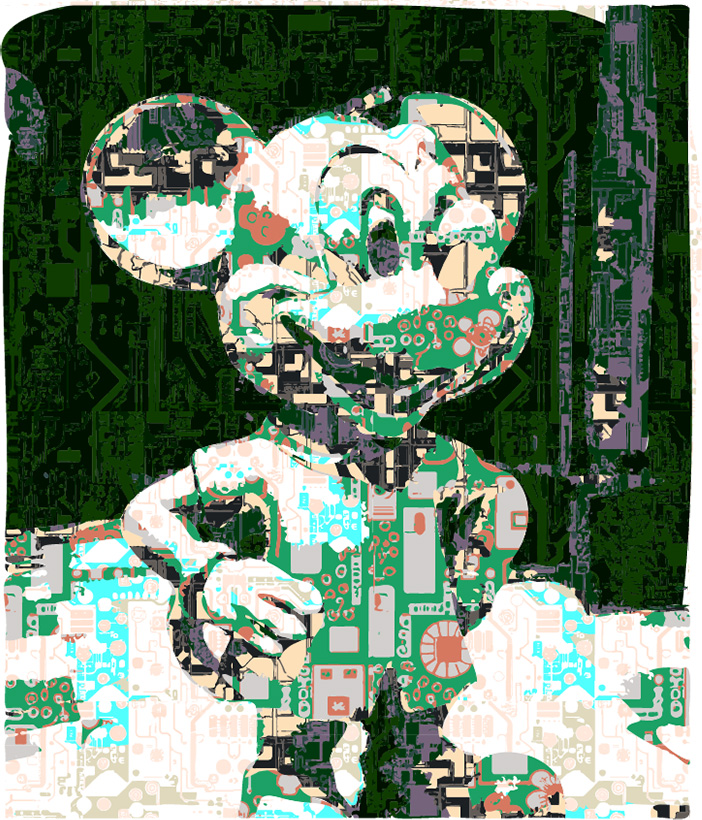
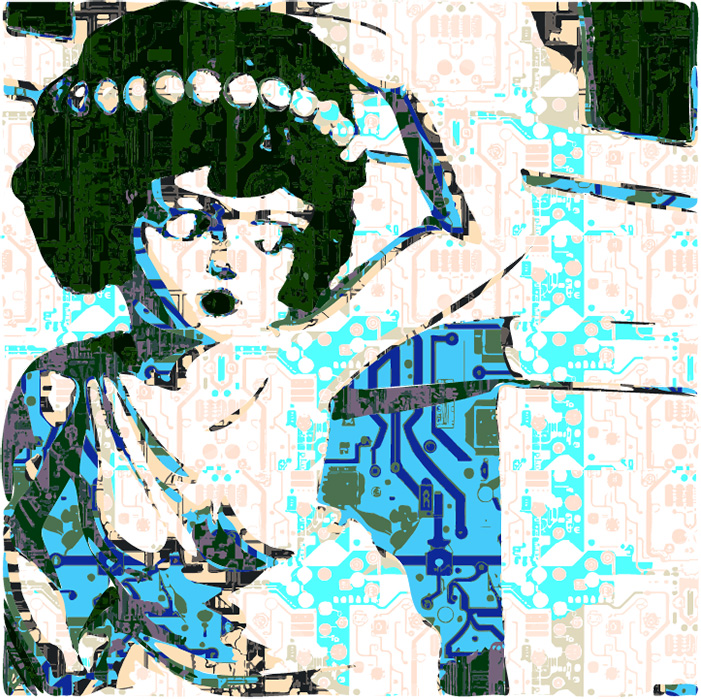
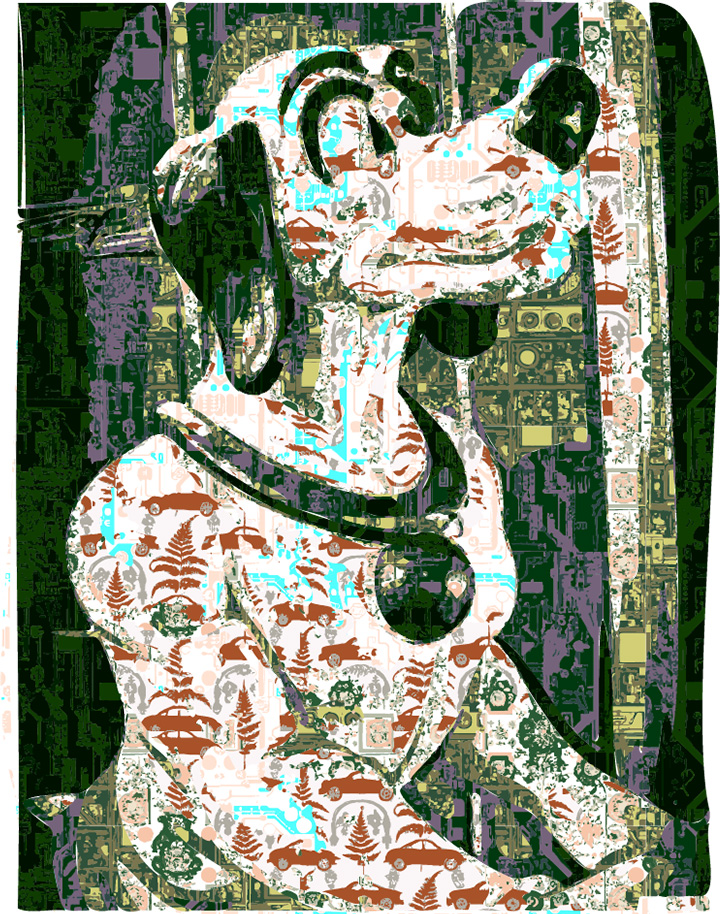
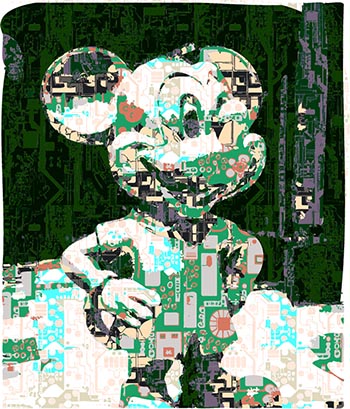

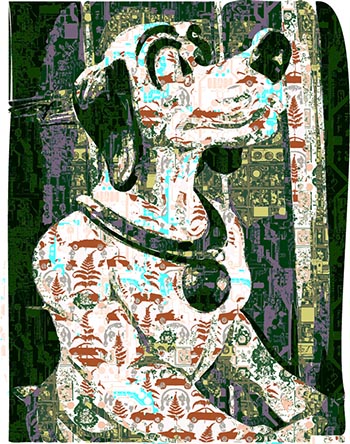
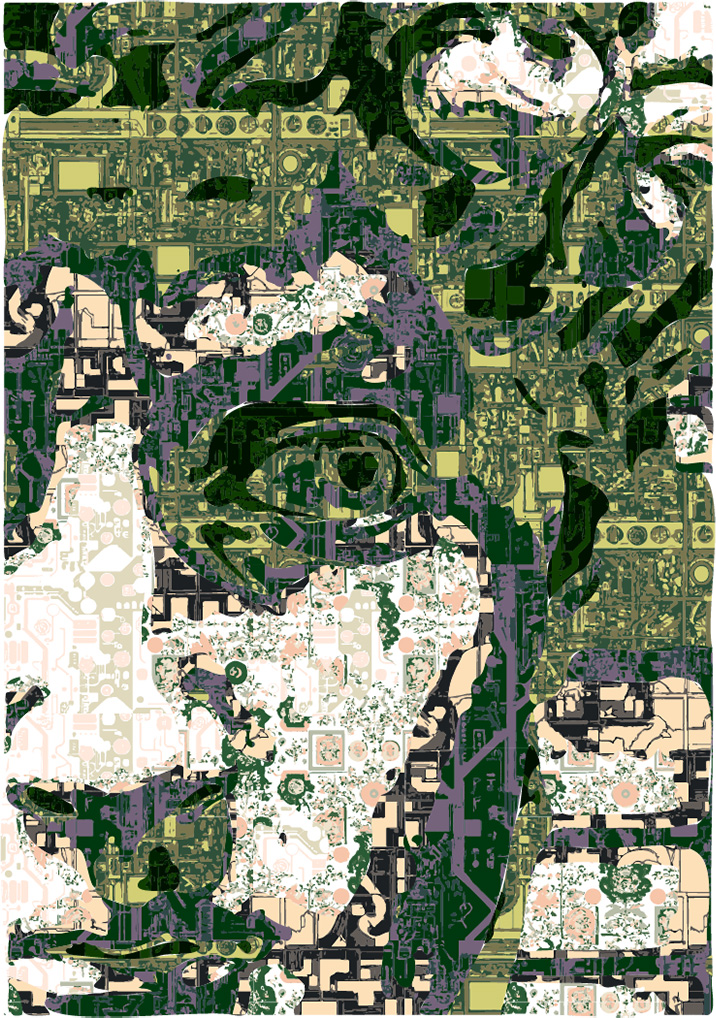
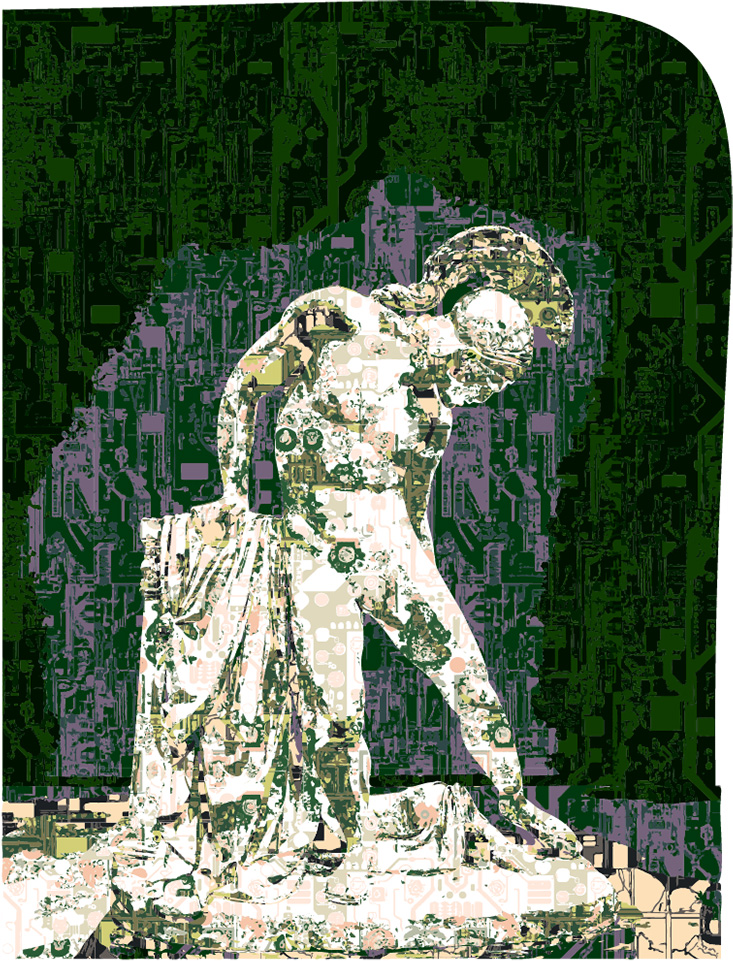
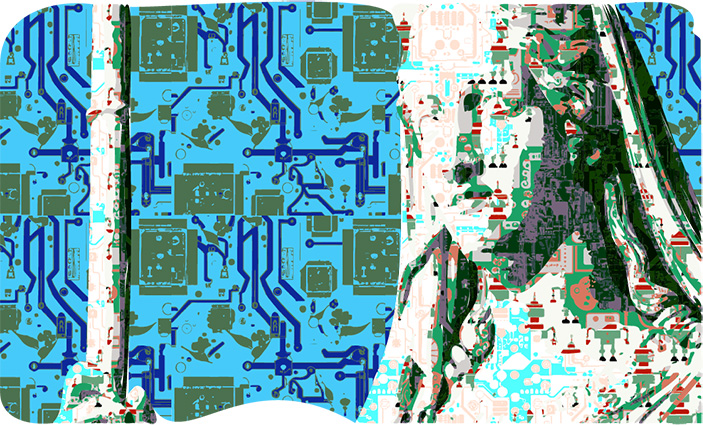

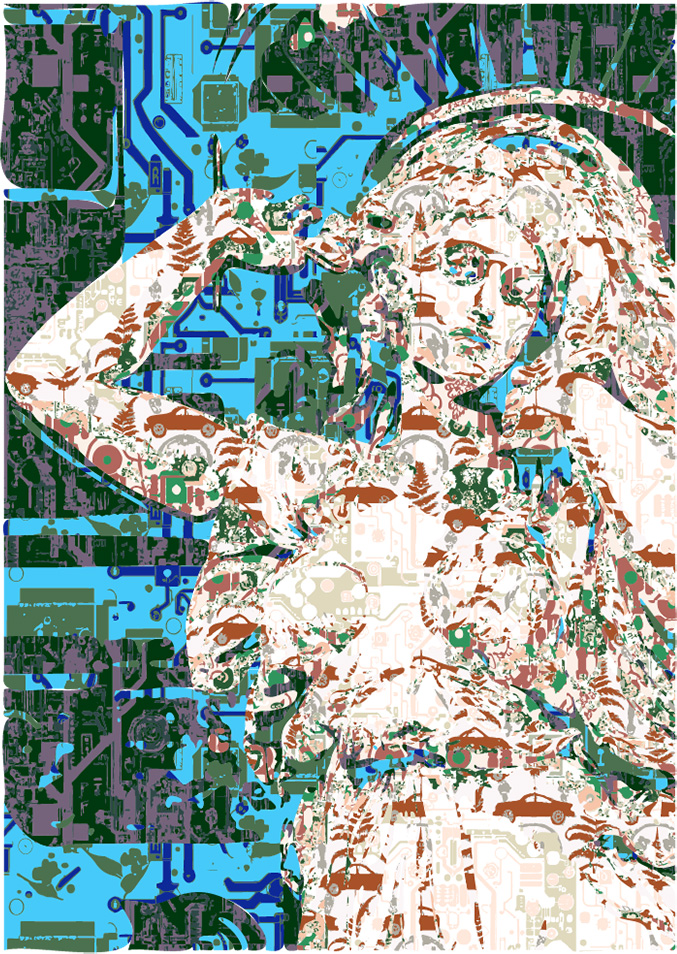
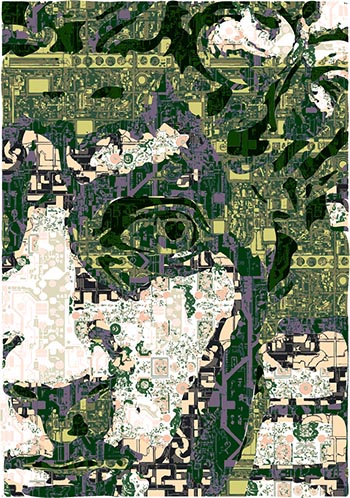
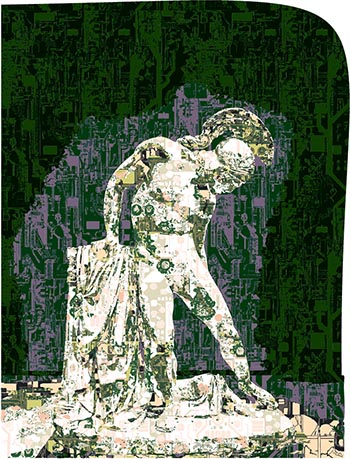
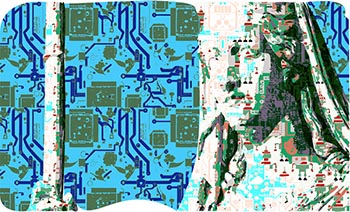
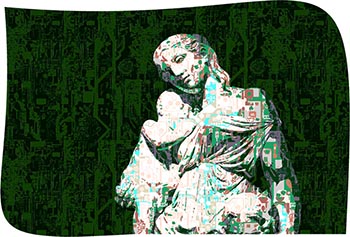
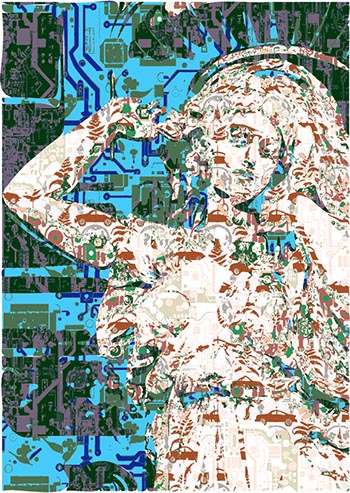
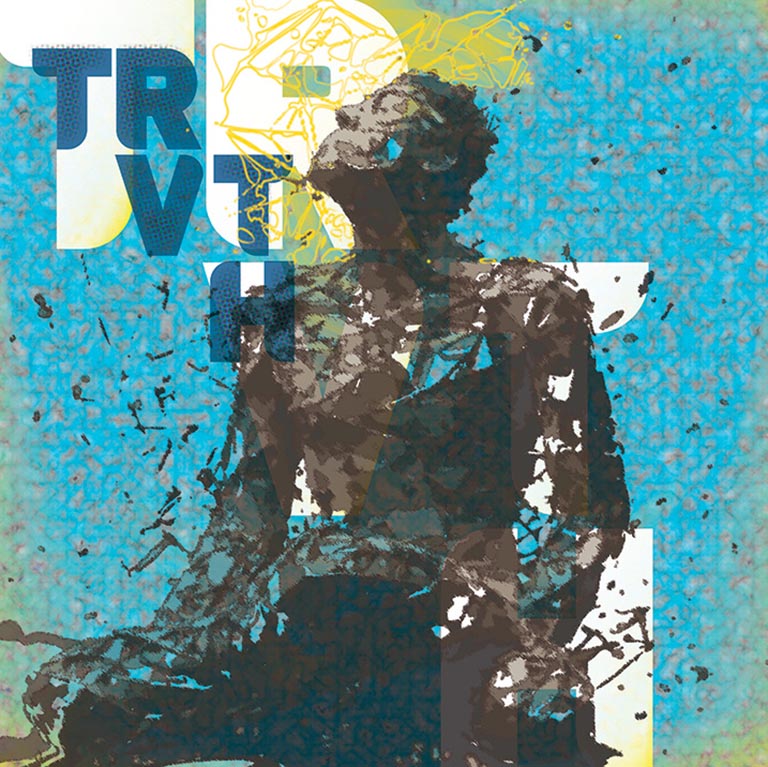
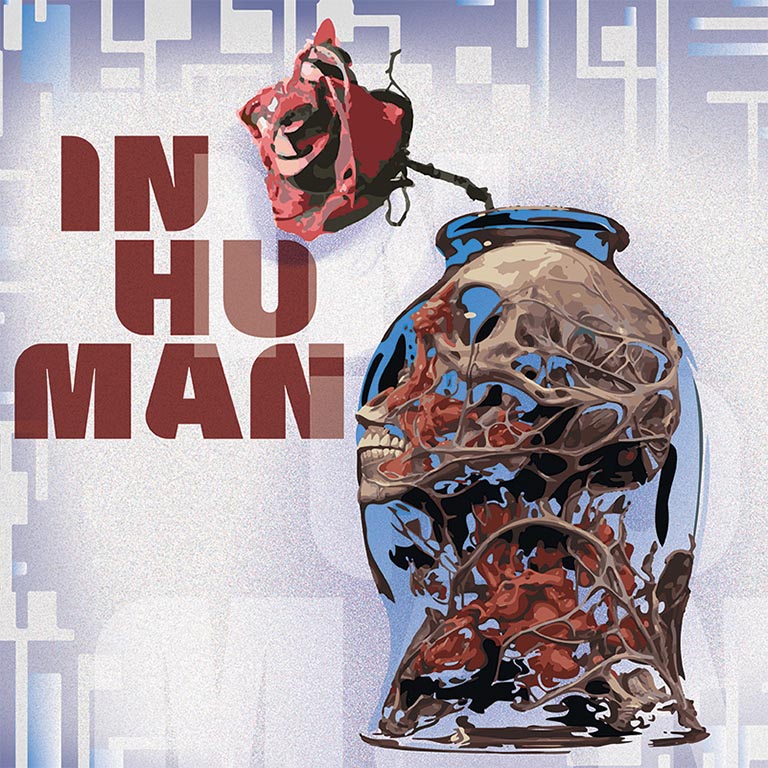


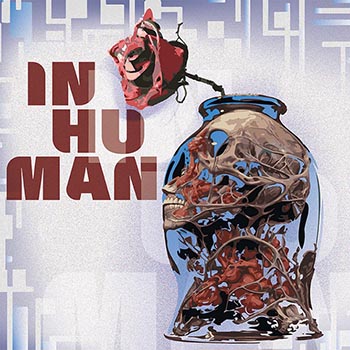

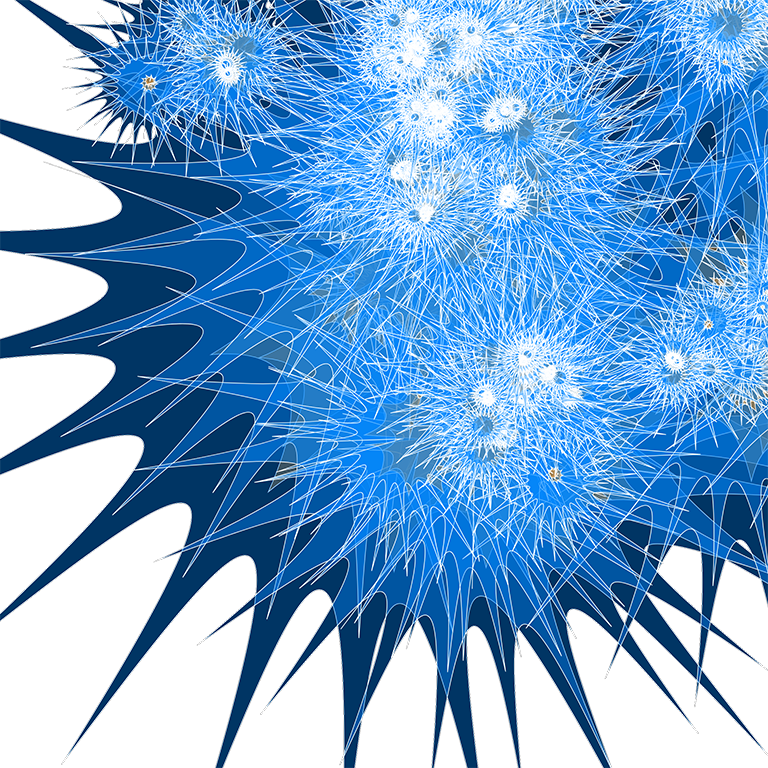
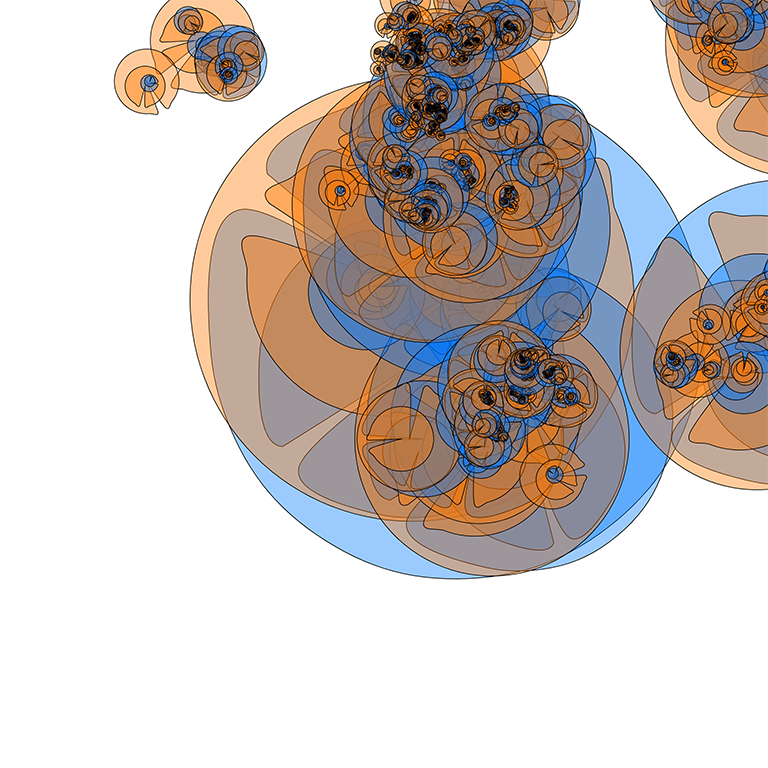
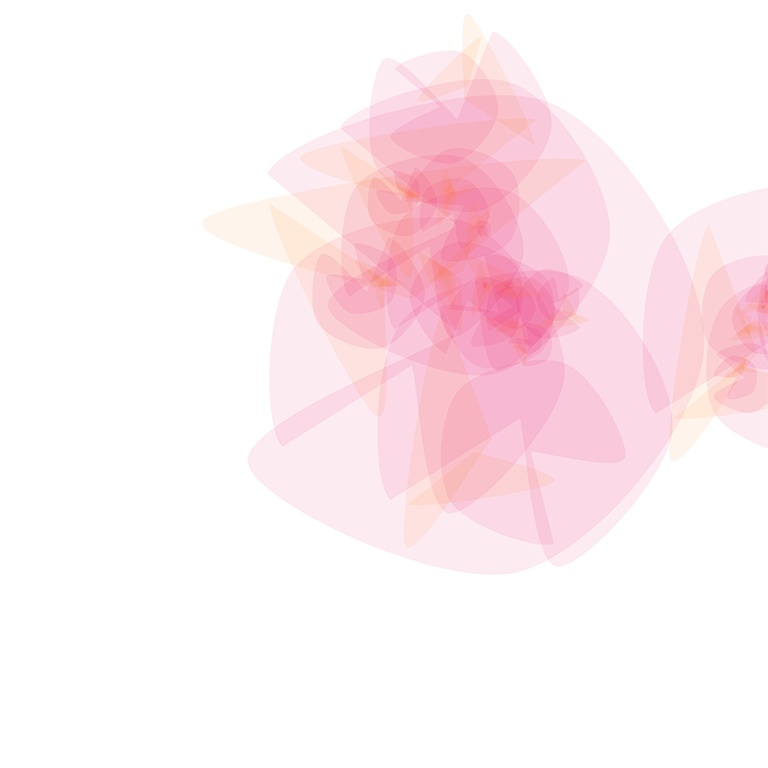
_SS_030524.png)
_SS_030524.png)
_SS_030524.png)
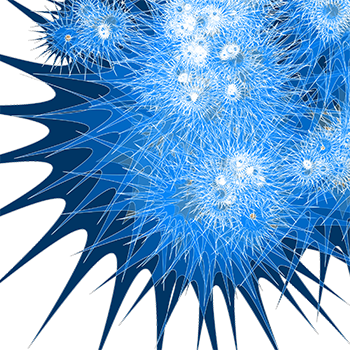
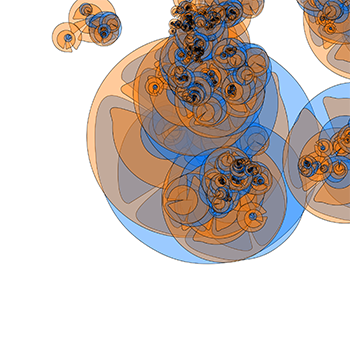
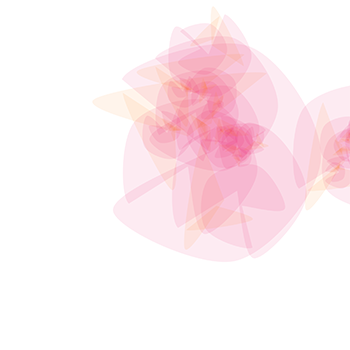
_thumb_030524.png)
_thumb_030524.png)
_thumb_030524.png)

















































